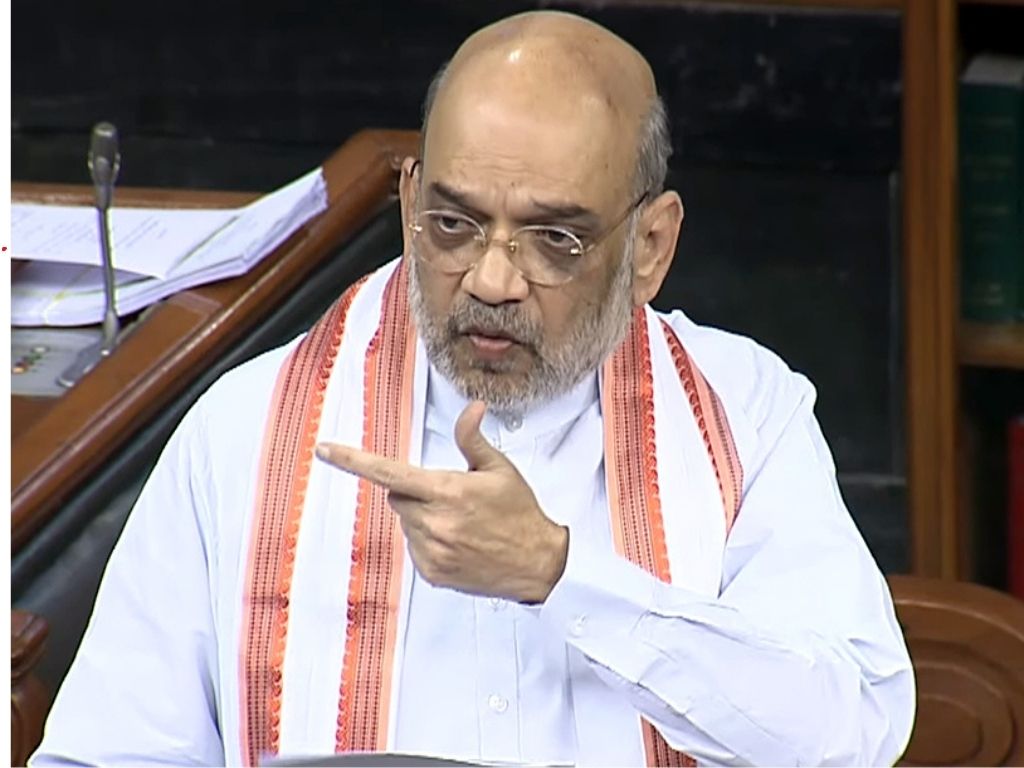- Sunday, April 27, 2025
Home minister Amit Shah presented the bills to repeal and replace the Indian Penal Code, the Code of Criminal Procedure and the Indian Evidence Act.

By: Shubham Ghosh
THE Narendra Modi government on Friday (11) moved three bills in the Lok Sabha or Lower House of the parliament to overhaul some criminal laws that date back to the colonial era, covering the controversial sedition law to strengthen laws that safeguard women and children.
Home minister Amit Shah presented the bills on the final day of the monsoon session of the parliament to repeal and replace the Indian Penal Code, the Code of Criminal Procedure and the Indian Evidence Act, many implemented by the former British colonial masters before India became independent in 1947.
The minister, who is the second most powerful leader in India’s ruling Bharatiya Janata Party after prime minister Narendra Modi, said the new legislation “will aim to give justice, not punishment”.
He added that the overhaul was crucial as the colonial laws have been at the core of the country’s criminal justice system for more than a century.
The bills were sent to a parliamentary standing committee for deliberations.
Experts cautioned that if the bills are approved by the parliament, it could lead to disruptions and make legal processes more complex as courts will have a serious task of figuring out procedural implications and positions of several thousands of existing trials, Reuters reported.
But there were also those who supported the changes saying they would encourage fresh talks on the requirement to reform several laws to protect women and minors and give a fresh layer of transparency to criminal codes, the report added.
The Modi government has discarded several obscure laws in recent years in a bid to modernise India’s legal system and dump the colonial past.